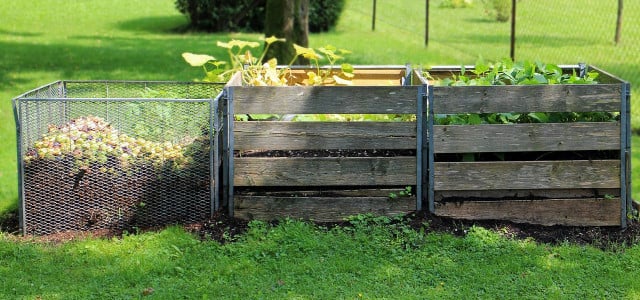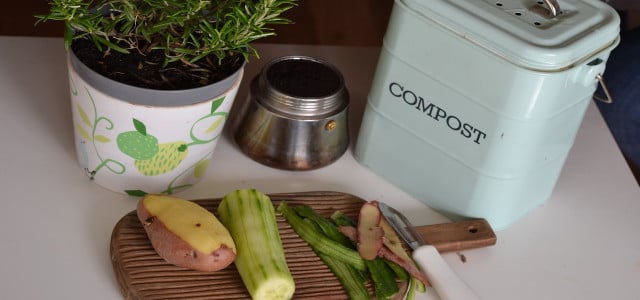Is composting meat and bones possible? In recent years, composting has become more and more popular. We’ll share some tips to help you learn how to properly compost animal waste.
Composting is the practice of disposing of food scraps and other organic trash to both lessen waste and create nutrient-rich soil for your home garden. The majority of us who compost in our homes probably stick to the basics of safe composting such as only composting fruit and vegetable scraps, eggs shells, coffee grounds, tea leaves, and ‘brown matter’ such as dried leaves and wood material. Composting meat and bones is also possible, but there are a few things you’ll need to watch out for. We’ll show you how to compost meat and share some tips for how to to do it successfully
How to Compost Meat
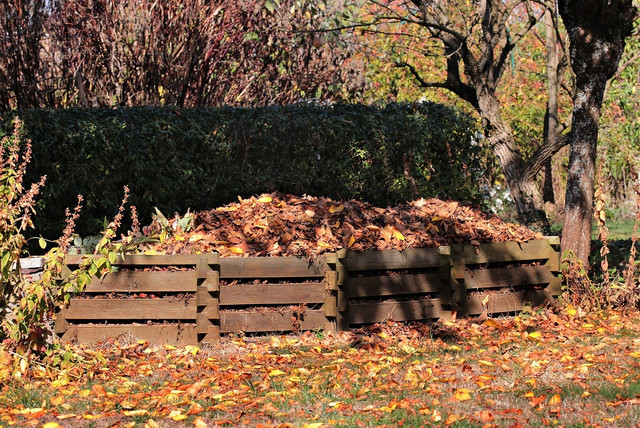


In order to compost meat successfully, make sure your compost pile is hot and well-aerated. Always pre-cook raw meat scraps to kill E. coli and other potentially dangerous bacteria, which can live for up to two years in your compost. It is best to chop or puree meat scraps to ensure they mix and break down faster.
If you decide to incorporate meat scraps in your compost, it’s important to turn your pile frequently and to keep meat within the interior of the pile. The amount of meat in the compost should only be a very small proportion of the entire compost pile.
Depending on your circumstances, it may be necessary to use a pest-proof enclosed compost system (like this one from Amazon**). You may also want to use a thermometer to check that the compost maintains a temperature of 140 to 160 degrees Fahrenheit for at least one week and to turn your compost consistently to keep the temperature high.
How to compost bones?
Similarly, bones can be composted if cooked. They should be broken down into smaller fragments before being added to the compost pile so that they can degrade faster. A compost with bone scraps should be maintained in the same way as outlined for meat.
Why Composting Meat Can Be Difficult
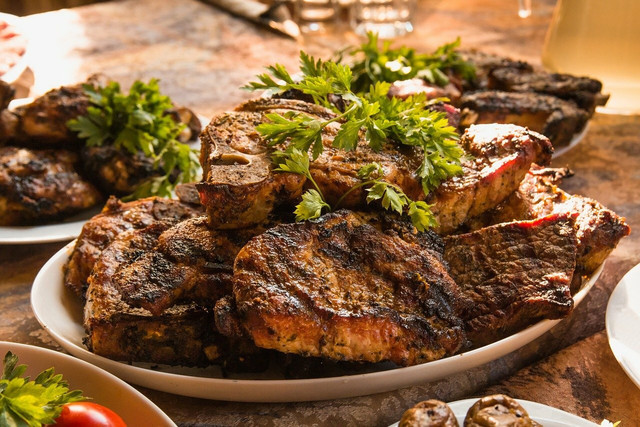


Most composting guidelines advise against composting meats and other cooked foods for these reasons:
- Meat will cause your compost to smell bad.
- It can attract pests such as rats, mice, flies, other insects, raccoons, and even bears.
- Meat and other cooked foods may turn into a mushy consistency that may prevent proper airflow required for composts.
- Decomposing meat can produce anaerobic bacteria. These bacteria can be detrimental to aerobic composts by causing problems with airflow, odor and acidity.
While these are significant reasons to avoid composting meat if you want to have a compost with minimum maintenance, it is still possible to compost meat if you’re a responsible and experienced composter.
Considerations When Consuming Meat
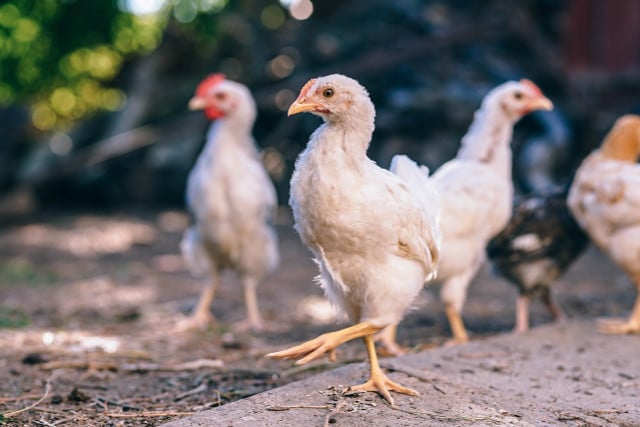


If meat is part of your diet, composting meat and bones is a great way to help reduce food waste, but if you want to do even more to support the environment, you could consider reducing your meat consumption or stopping it altogether. Although giving up meat might be difficult at first, there are many benefits to being vegan.
Factory farm meat production is tied to a range of detrimental environmental practices such as deforestation and high amount of greenhouse gasses emitted from factory farms. If deciding to still consume meat, there are some practices that are important to follow:
- Reduce meat consumption in general.
- Eat organic or local meat. This is thought to be healthier and have a lower environmental impact.
- Avoid processed meats (this includes hot dogs, bacon, sausage, lunch meats).
Read More:
- Reuse Vegetable Scraps: Skip the Trash and Put Food Back on Your Plate
- How to Compost in an Apartment: 4 Options & Tips
- Why Your Compost Has Mold and How to Still Use It
Do you like this post?






